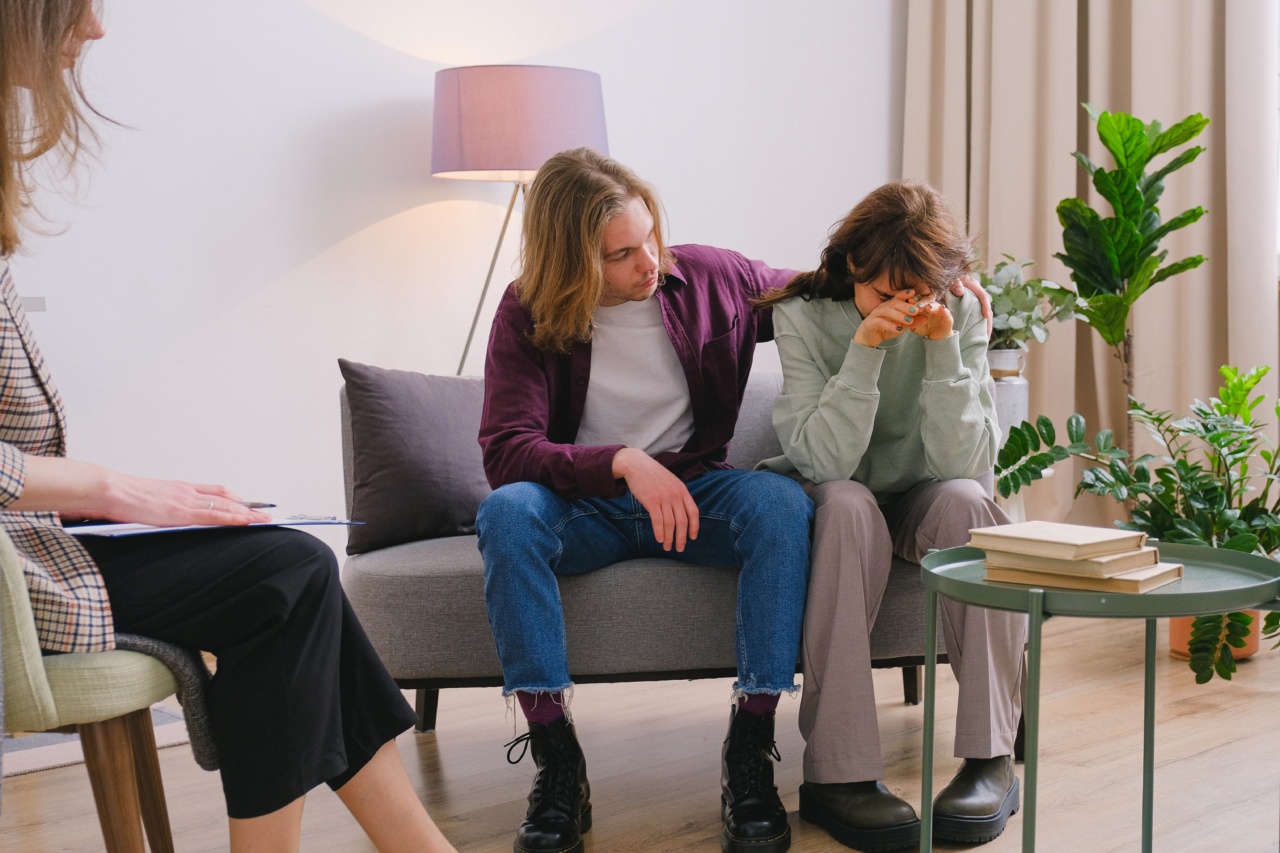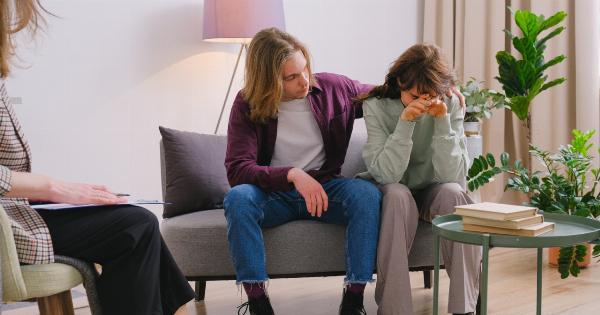Depression is a serious mental health condition that affects millions of people worldwide. While there are various treatment options available, one emerging therapeutic technique that shows promise is light therapy.
This article explores the concept of light therapy as a potential treatment for depression, its benefits, and how it works to improve mood and alleviate symptoms.
The Science behind Light Therapy
Light therapy, also known as phototherapy, involves exposure to bright light that simulates natural outdoor light. It is believed that this exposure triggers changes in the brain chemicals linked to mood, thus relieving symptoms of depression.
The light utilized in therapy is typically many times brighter than indoor lighting, and it is delivered through a special lightbox or lamp.
The Mechanism of Action
The exact mechanism of action through which light therapy affects depression is not yet fully understood. However, several theories exist that shed light on the possible ways in which light therapy can brighten one’s mood:.
Regulating Circadian Rhythms
One theory suggests that light therapy helps regulate circadian rhythms, which are the natural internal processes that regulate sleep-wake cycles and other bodily functions. A disruption in circadian rhythms can contribute to depressive symptoms.
By exposing individuals to bright light in the morning or evening, light therapy can help reset and stabilize these rhythms, leading to improved mood.
Increasing Serotonin Levels
Serotonin, often referred to as the “happy hormone,” is a neurotransmitter that plays a crucial role in regulating mood. Low levels of serotonin have been linked to depression.
Light therapy, particularly when administered in the morning, may increase serotonin production, thus relieving depressive symptoms and promoting a sense of well-being.
Decreasing Melatonin Production
In contrast to serotonin, melatonin is a hormone responsible for regulating sleep patterns. In individuals with depression, melatonin production might be dysregulated, leading to disturbances in sleep and worsening mood.
Light therapy, especially when used in the morning, can inhibit melatonin production, promoting wakefulness and combating depressive symptoms.
The Benefits of Light Therapy
Light therapy has gained recognition as a non-pharmacological treatment option for depression due to its several advantages:.
Non-Invasive and Safe
Unlike some antidepressant medications, light therapy is non-invasive and typically considered safe. It does not require the use of medications and is generally well-tolerated by most individuals.
However, it is essential to consult a healthcare professional before starting light therapy, especially for those with underlying eye conditions or taking medications that may interact with light exposure.
No Known Side Effects
Compared to traditional medications, light therapy has minimal documented side effects. Some individuals may experience mild headaches, eyestrain, or nausea initially, but these symptoms typically subside as the body adjusts to the therapy.
When performed correctly and under professional guidance, the risk of adverse effects is minimal.
Convenient and Versatile
Light therapy can be easily incorporated into one’s daily routine and does not require frequent medical visits. Individuals can engage in light therapy sessions at home or work, making it a convenient option for those with a busy lifestyle.
The recommended duration of light exposure may vary depending on the severity of depression, but typically ranges from 20 minutes to several hours each day.
Complementary Treatment
Light therapy can be used alongside other treatments for depression, such as psychotherapy or antidepressant medication. It is often recommended as an adjunct therapy to augment the effects of other interventions.
Combining different treatment modalities can provide a more comprehensive approach to managing depression and improving overall well-being.
Who Can Benefit from Light Therapy?
While light therapy can be beneficial for many individuals with depression, it is particularly helpful for those experiencing Seasonal Affective Disorder (SAD), a type of depression that occurs during the winter months when sunlight is limited.
Light therapy has shown significant efficacy in reducing SAD symptoms, such as low mood, fatigue, and increased appetite.
In addition to SAD, light therapy may also benefit individuals with non-seasonal depression.
It can be a useful treatment option for those who prefer non-pharmacological interventions, have experienced adverse effects from antidepressant medications, or wish to supplement their existing treatment plan.
Considerations and Precautions
While light therapy is generally safe and well-tolerated, there are a few considerations and precautions to keep in mind:.
Light Intensity and Duration
The intensity of light used in therapy is measured in lux, and higher intensities are generally more effective. It is essential to follow the recommended guidelines provided by healthcare professionals or the manufacturer of the lightbox.
Additionally, the duration of exposure may vary depending on the specific type of light therapy prescribed. Always adhere to the recommended exposure time to ensure safety and efficacy.
Timing of Light Exposure
The timing of light exposure can significantly impact the therapeutic effects of light therapy. Morning light therapy is commonly recommended as it can help regulate circadian rhythms, boost energy levels, and improve mood throughout the day.
However, in some cases, evening light therapy may be more appropriate, especially for individuals with delayed sleep-phase syndrome or those who experience insomnia.
Consultation with a Healthcare Professional
Individuals considering light therapy for depression should consult with a healthcare professional, preferably a psychiatrist or psychologist, who can assess their specific needs and provide appropriate recommendations.
Light therapy may not be suitable for everyone, and a thorough evaluation by a qualified healthcare professional is essential to ensure its effectiveness and safety.
Conclusion
Light therapy is a promising therapeutic technique for individuals experiencing depression, including Seasonal Affective Disorder.
By adopting a holistic approach to treatment, incorporating light therapy alongside other interventions, individuals can potentially brighten their mood and alleviate depressive symptoms. While further research is needed to fully understand the mechanisms underlying light therapy, its non-invasive nature, safety, and convenience make it an attractive option for individuals seeking alternatives to traditional depression treatments.































